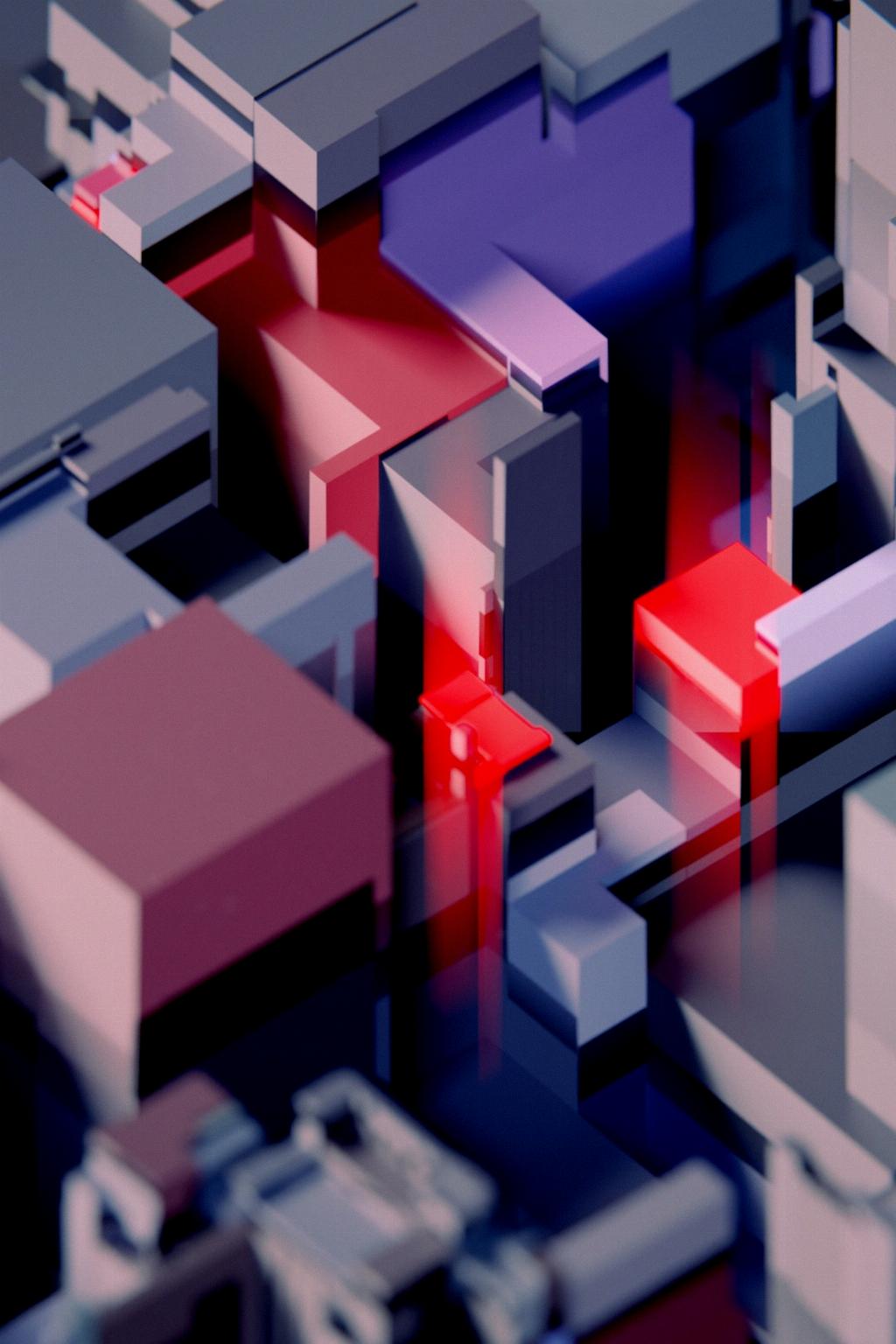One notable difference between Java Edition and Bedrock Edition of Minecraft lies in how servers are accessed. In Bedrock Edition, players have access to a list of featured servers that require a Microsoft account for joining. On the other hand, Java Edition allows access to a wide array of third-party servers in addition to the option of creating your own server.
Gameplay Compatibility
Another key distinction between Java and Bedrock Minecraft is their gameplay compatibility. While both editions offer a similar core gameplay experience, there are differences in terms of features and content availability. Players may encounter variations in redstone mechanics, mob behaviors, and certain exclusive items depending on the version they are playing.
Platform Availability
Java Edition of Minecraft is primarily designed for play on Windows, macOS, and Linux operating systems. In contrast, Bedrock Edition is available on a broader range of platforms including consoles, mobile devices, and Windows 10. This difference in platform availability can influence player choice based on their preferred gaming device.
Modding Capabilities
One of the defining features of Java Edition is its robust support for mods and custom content. The Java community has created a vast array of mods that enhance gameplay, introduce new mechanics, and expand the game’s possibilities. While Bedrock Edition also supports some add-ons, the modding capabilities are more limited compared to Java.
Performance and Optimization
In terms of performance and optimization, Java Edition of Minecraft has historically been criticized for its higher system requirements and occasional performance issues. Bedrock Edition, on the other hand, is known for its optimized performance across different platforms, offering smoother gameplay experiences on devices with varying hardware specifications.
Graphics and Visuals
Both Java and Bedrock Editions of Minecraft feature distinct graphics and visual styles. Java Edition offers more detailed textures, shading options, and the ability to use resource packs to modify the game’s appearance. In comparison, Bedrock Edition boasts smoother graphics and improved lighting effects, catering to a broader audience with its visually appealing design.
Community and Multiplayer Interaction
The community and multiplayer interaction experience in Java and Bedrock Minecraft also differ to some extent. Java Edition has a long-standing community of dedicated players, server hosts, and content creators who contribute to a thriving ecosystem of player-driven content. While Bedrock Edition offers cross-platform multiplayer support, it may lack the same depth of community engagement seen in Java.
Update and Development Cycles
Another aspect to consider is the update and development cycles of Java and Bedrock Minecraft. Java Edition tends to receive snapshots and updates earlier than Bedrock Edition, allowing players to experience new features and changes in gameplay mechanics sooner. Bedrock Edition, however, offers more consistent updates across different platforms, ensuring that players on all devices receive the latest content simultaneously.
Redstone Mechanics and System Compatibility
Redstone mechanics, a crucial aspect of automation and circuitry in Minecraft, exhibit variations between Java and Bedrock Editions. Players may notice differences in how redstone components interact and function, leading to unique challenges and opportunities for creativity in each version. The system compatibility also differs, with Java Edition requiring Java Runtime Environment for operation, while Bedrock Edition is built on a unified codebase for cross-platform compatibility.
Community Marketplace and Content Sharing
The introduction of the Minecraft Marketplace in Bedrock Edition offers players a curated selection of skins, texture packs, worlds, and other content for purchase. This centralized platform allows content creators to showcase their work and provides players with convenient access to a variety of premium and free content. Java Edition, on the other hand, relies more on community-driven sources for sharing and distributing custom content.
Cross-Platform Play and Save Transfer
One of the major advantages of Bedrock Edition is its support for cross-platform play, enabling players on different devices to join the same multiplayer sessions seamlessly. Additionally, Bedrock Edition allows for save transfer across platforms, allowing players to access their worlds and progress on multiple devices with ease. Java Edition, while predominantly focused on PC gaming, lacks the same level of cross-platform compatibility.

Personal Preference and Player Experience
Ultimately, the choice between Java and Bedrock Minecraft comes down to personal preference and desired player experience. Java Edition appeals to players seeking extensive modding capabilities, intricate gameplay mechanics, and a thriving community ecosystem. Bedrock Edition, on the other hand, caters to a broader audience with optimized performance, cross-platform play, and convenient access to curated content through the Marketplace. Each edition offers a unique gameplay experience tailored to different player preferences and gaming priorities.
